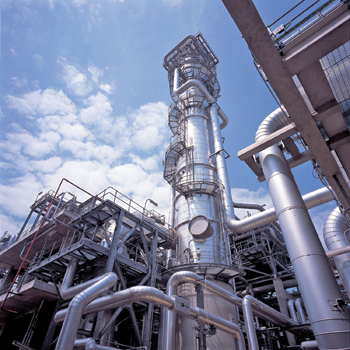
 Shell will sell Wyoming and Louisiana gas fields
Shell will sell Wyoming and Louisiana gas fields
Royal Dutch Shell announced the sale of two onshore US shale gas assets in exchange for $2.1 billion and acreage in different gas-rich areas as the energy company restructures its North America business and reins in costs.
Shell agreed to sell to Ultra Petroleum its relatively mature natural gas-producing properties in Wyoming’s Pinedale field, a total of 155,000 acres, in a step which will mark its complete exit from one of its first US shale investments in 2001.
Ultra will pay Shell $925 million in cash and give it acreage in the oil and gas-rich Marcellus and Utica fields in Pennsylvania and Ohio, respectively. The Anglo-Dutch company will also sell its 107,000 acre Haynesville field in north Louisiana for about $1.2 billion in cash to Dallas, Texas-based explorer Vine Oil & Gas LP and its partner, investment fund Blackstone Group.
“We continue to restructure and focus our North America shale oil and gas portfolio to deliver the most value in the longer term,” said Marvin Odum, Shell’s Upstream Americas Director.
In the second quarter of 2014, Shell produced 190 million cubic feet per day (mcfd) of natural gas from Pinedale. The Haynesville gas production reached 700 mcfd as of July 1, Shell said.
Shell, like many other global oil companies, is carrying out a broad cost-cutting drive aimed at boosting profits. Chief executive Ben van Beurden is seeking to offload $15 billion-worth of assets by the end of 2015, including in North America. The company has focused on selling gas assets where development costs are high while revenues are relatively low compared with the oil sector, especially as natural gas prices around the world have dropped sharply this year.
The Marcellus and Utica additions could signal that Shell is moving closer to building ethylene and polyethylene plants on the western edge of Pennsylvania. The company has been thinking about building the plants since at least 2011.
The plants, which would cost more than $1 billion to build, would put Shell very close to the northeastern US market for polyethylene, a common plastic used in scores of consumer goods. Shell, which already is one of the largest leaseholders in the Marcellus, would be able to use the gas from the shale fields directly in its plants.


































































